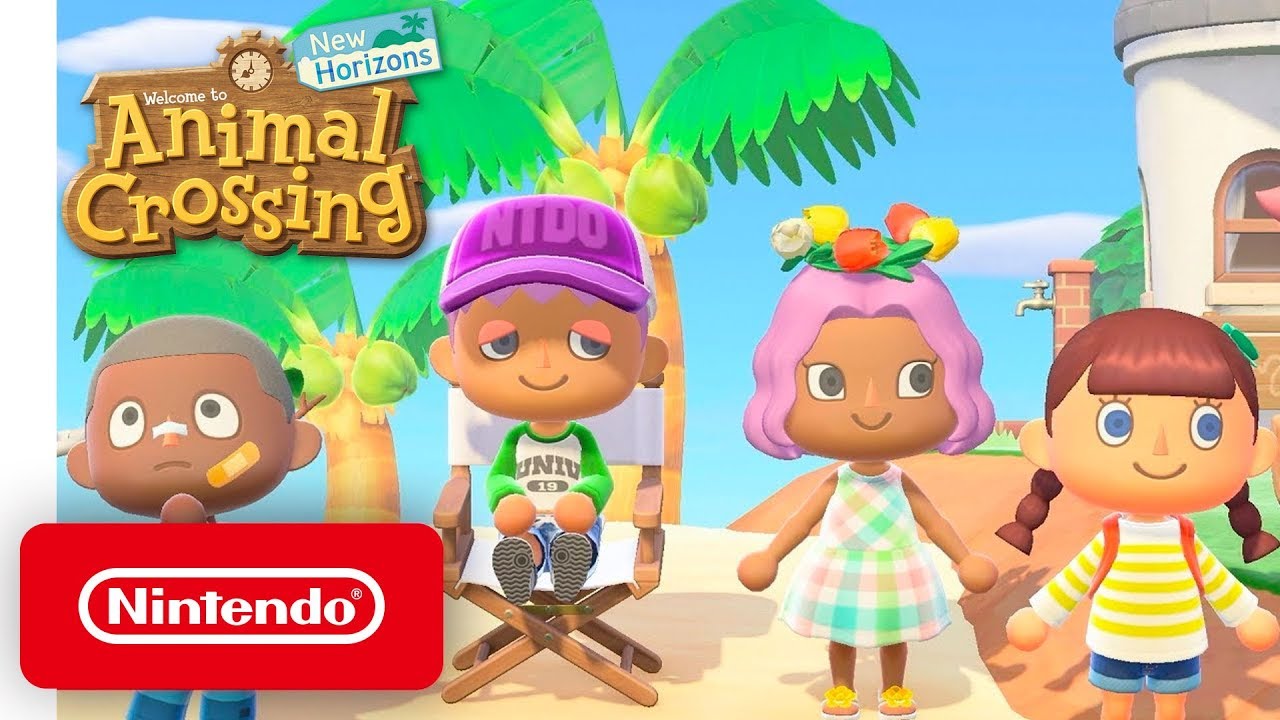Pokémon Red and Blue stand as watershed titles in video game history, heralding a global phenomenon for Nintendo and its partners.
Yet, as the world now celebrates decades of Pokémania through platforms like Nintendo Switch and the vibrant content ecosystem around Pokémon, it’s easy to overlook the initial doubts that once surrounded the franchise’s Western launch.
By revisiting candid memories shared by key Nintendo executives and industry partners, we gain new insight into how Pokémon overcame skepticism to become one of gaming's most iconic brands. When Pokémon, developed by Game Freak and published by Nintendo and The Pokémon Company, first arrived in Japan in 1996, it quickly developed a dedicated following.
However, its fate abroad was less assured.
Leslie Swan, former Nintendo of America localization director, recounts widespread uncertainty about the series’ appeal outside Japan.
"Convincing people that Pokémon could succeed in the United States took a lot of effort," Swan explained in a recent interview.
She credited Gail Tilden, then managing editor of Nintendo Power, as instrumental in championing the game’s localization and subsequent launch in America.
Tilden’s move to product development helped overcome internal resistance and facilitate the daunting process of adapting the game for Western audiences. This narrative is corroborated by other prominent industry figures.
In a 1999 interview with Gamespot, Shigeru Miyamoto, one of Nintendo’s most revered producers, revealed that early prevailing sentiment was that Pokémon would "never appeal to American audiences," and he initially doubted an English version would be produced.
Further skepticism was echoed by marketing professionals, as Gail Tilden shared with Polygon in 2019.
According to Tilden, Nintendo’s marketing teams and ad agencies discussed altering the game’s visuals to better fit North American tastes, concerned about how an RPG on the Game Boy would resonate outside Japan. Skepticism wasn’t limited to Nintendo.
Notably, Toy Biz, a leading toy manufacturer at the time, also hesitated to partner with Pokémon.
Jesse Falcon, speaking about that period, revealed that when 4Kids Entertainment approached Toy Biz in 1998 to collaborate on Pokémon merchandise, the response was, "We don’t get it.
We don’t know what this is." It was a costly misjudgment, as Pokémon soon exploded in popularity.
Although Toy Biz would later secure the license to produce select Pokémon toys and merchandise in 2000—at a much higher cost—the company missed out on the initial licensing opportunities that covered a broader array of products, capitalizing only after the global craze was well underway. "Sometimes you get lucky with these things, and sometimes you don’t," Falcon reflected, underscoring both the unpredictability and impact of industry trends.
The eventual success of Pokémon in the West, marked by record-breaking sales, multimedia adaptations, and an enduring presence on platforms like the Nintendo Switch and eShop, stands as a testament to the vision —and perseverance—of those who believed in its cross-cultural potential.
Not only did Pokémon redefine expectations for Japanese games in international markets, it set a high bar for global launches, strategic localization, and franchise development that continues to influence the gaming industry today.
Yet, as the world now celebrates decades of Pokémania through platforms like Nintendo Switch and the vibrant content ecosystem around Pokémon, it’s easy to overlook the initial doubts that once surrounded the franchise’s Western launch.
By revisiting candid memories shared by key Nintendo executives and industry partners, we gain new insight into how Pokémon overcame skepticism to become one of gaming's most iconic brands. When Pokémon, developed by Game Freak and published by Nintendo and The Pokémon Company, first arrived in Japan in 1996, it quickly developed a dedicated following.
However, its fate abroad was less assured.
Leslie Swan, former Nintendo of America localization director, recounts widespread uncertainty about the series’ appeal outside Japan.
"Convincing people that Pokémon could succeed in the United States took a lot of effort," Swan explained in a recent interview.
She credited Gail Tilden, then managing editor of Nintendo Power, as instrumental in championing the game’s localization and subsequent launch in America.
Tilden’s move to product development helped overcome internal resistance and facilitate the daunting process of adapting the game for Western audiences. This narrative is corroborated by other prominent industry figures.
In a 1999 interview with Gamespot, Shigeru Miyamoto, one of Nintendo’s most revered producers, revealed that early prevailing sentiment was that Pokémon would "never appeal to American audiences," and he initially doubted an English version would be produced.
Further skepticism was echoed by marketing professionals, as Gail Tilden shared with Polygon in 2019.
According to Tilden, Nintendo’s marketing teams and ad agencies discussed altering the game’s visuals to better fit North American tastes, concerned about how an RPG on the Game Boy would resonate outside Japan. Skepticism wasn’t limited to Nintendo.
Notably, Toy Biz, a leading toy manufacturer at the time, also hesitated to partner with Pokémon.
Jesse Falcon, speaking about that period, revealed that when 4Kids Entertainment approached Toy Biz in 1998 to collaborate on Pokémon merchandise, the response was, "We don’t get it.
We don’t know what this is." It was a costly misjudgment, as Pokémon soon exploded in popularity.
Although Toy Biz would later secure the license to produce select Pokémon toys and merchandise in 2000—at a much higher cost—the company missed out on the initial licensing opportunities that covered a broader array of products, capitalizing only after the global craze was well underway. "Sometimes you get lucky with these things, and sometimes you don’t," Falcon reflected, underscoring both the unpredictability and impact of industry trends.
The eventual success of Pokémon in the West, marked by record-breaking sales, multimedia adaptations, and an enduring presence on platforms like the Nintendo Switch and eShop, stands as a testament to the vision —and perseverance—of those who believed in its cross-cultural potential.
Not only did Pokémon redefine expectations for Japanese games in international markets, it set a high bar for global launches, strategic localization, and franchise development that continues to influence the gaming industry today.





